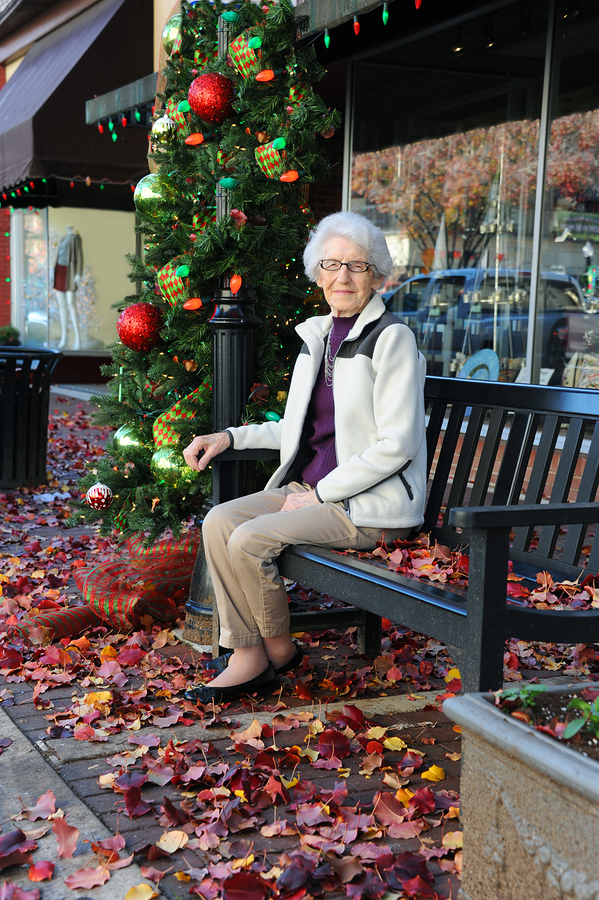 When winter brings its chilly wrath your way, remember that any added health risks you may be facing, can be even more intense for your aging loved ones. Whether you live in a more mild climate or a snow-filled winter wonderland, there are certain challenges seniors are facing that you may not even be aware of. Here are some ideas for how you can help combat any winter health risks for seniors.
When winter brings its chilly wrath your way, remember that any added health risks you may be facing, can be even more intense for your aging loved ones. Whether you live in a more mild climate or a snow-filled winter wonderland, there are certain challenges seniors are facing that you may not even be aware of. Here are some ideas for how you can help combat any winter health risks for seniors.
Winter Health Risks for Seniors
1) Combating seasonal depression
According to the American Academy of Family Physicians, 4 to 6 percent of U.S. residents suffer from Seasonal Affective Disorder (SAD) otherwise known as seasonal depression, and as many as 20 percent may have a mild form of it when days get shorter and colder.
- Make sure seniors’ diets include foods rich in vitamin D like salmon, certain dairy products, and fortified cereals and orange juice.
- Have your loved one talk to a mental health professional.
- Get as much sunshine as possible by opening blinds and curtains, trimming back trees that could be blocking light, and getting outside when possible.
- Sitting in front of a light box for 30 minutes a day can stimulate your body’s circadian rhythms and suppress the release of melatonin.
2) Keeping warm in cooler months
Winter health risks for seniors include higher risk of heart attack and high blood pressure, additional joint pain, and possible hypothermia, which can lead to influenza and/or pneumonia. Keeping our favorite seniors warm when outside temperatures drop is not only for their comfort, but important to keeping them healthy.
- Keep their home warm:
- Make sure their thermostat is set for shorter cooler winter days.
- Have enough wood for the fireplace.
- Replace old weather stripping, and consider replacing single pane windows with new double pane windows.
- Keep them warm
- Make sure your aging loved one has a good coat, scarf, gloves, and winter hat so they can stay bundled up when heading outside.
- Consider putting a warmer or additional blanket on their bed.
- Put a throw blanket on their favorite chair.
3) Staying active indoors
Staying active becomes much more difficult when winter blows in. Not getting enough exercise is another winter health risk for seniors. But just because cold, rain, and snow keeps us inside, doesn’t mean we can’t keep moving and help our aging loved ones stay active as well.
- Take your aging loved one to their local indoor shopping center. Mall walking is a great way to stay active without heading outdoors.
- Whether they’re able to do move about or need to sit to be fit, find a workout video that works for them. Here are some short YouTube workout options for seniors.
- Find a local senior center, gym, or physical therapy clinic that offer fitness classes specifically for seniors. Perhaps getting them into a pool with their peers is just what they need.
It doesn’t take a ton of effort, just a little extra attention. When those days get shorter and those temperatures get lower, put some special thought into how your favorite seniors might need some extra help this winter. Let’s all stay healthy and warm together. Avoid winter health risks for seniors.





